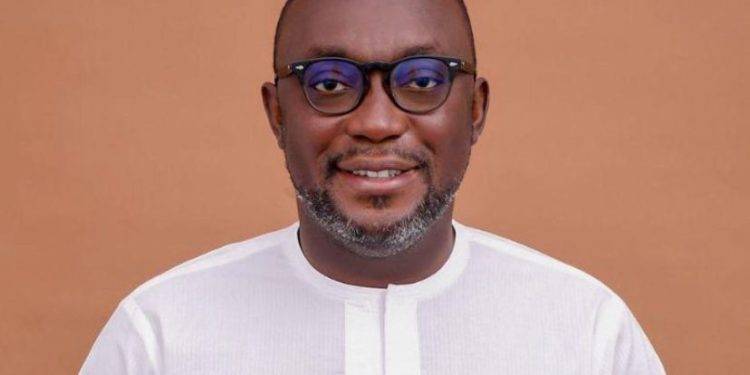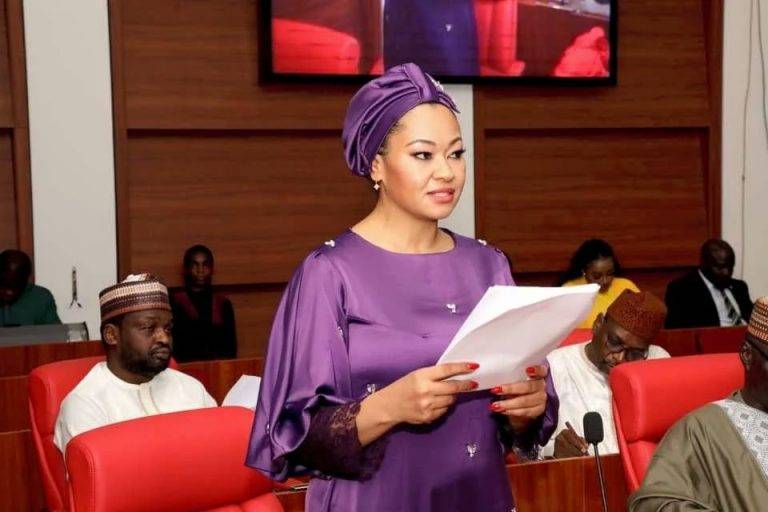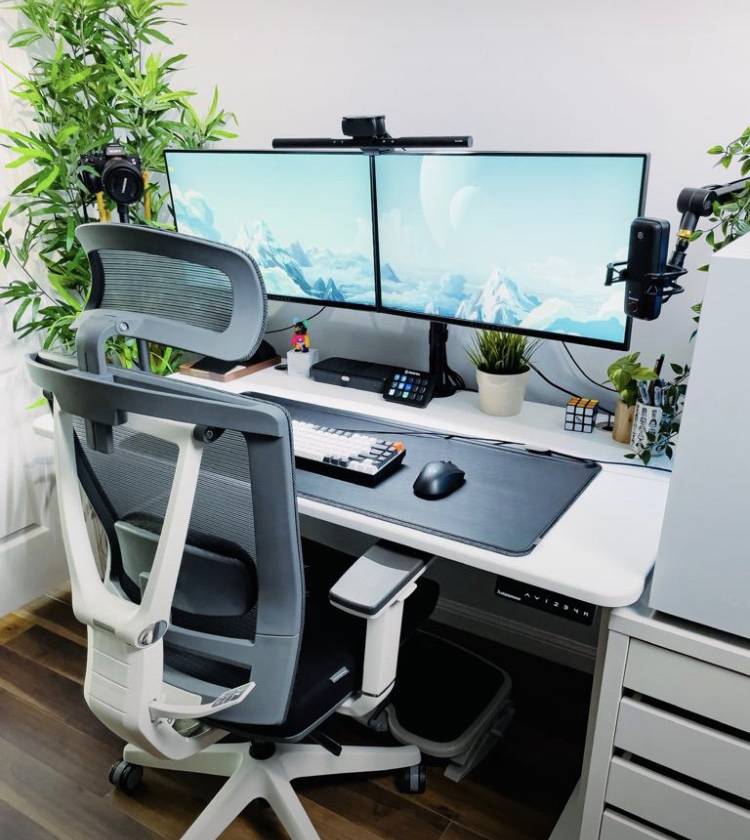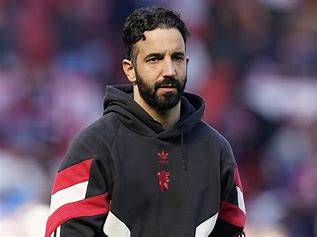Having an emergency fund in a harsh economy is an arduous task owing to the high cost of living.
But then, it is very critical to have one because it will certainly occur regardless of the financial status of the individual.
It is very important to always think outside the box especially in the area of enhancing your financial life since this present economy does not guarantee anyone financial peace of mind and freedom due to unrelenting rise in the cost of commodities occasioned by endless inflation.
With this, having extra money to put aside for savings has become very difficult and one good way to achieve this, is by setting your priorities right especially in the area of purchases.
This will also help you block those loopholes in your finances to accommodate savings for emergency which is indisputably inevitable.
It is very vital to have a certain amount of money set aside for any form of emergencies such as sickness, accident or unforeseen circumstances.
That is why it is imperative to avoid impulse buying and reckless spending if you really desire financial peace of mind.
What Is An Emergency Fund?
An emergency fund is a bank account with money set aside to cover large, unexpected expenses such as major auto repairs or a financial crisis such as job loss or large medical bills.
To avoid financial regrets when confronted with the unexpected, it is very important to try as much as possible to consider setting up an emergency fund and it is not too late to commence if you do not have one.
Do you know that having an emergency fund takes away financial anxiety from you as you are not scared of any unforeseen circumstances that have to do with money?
Besides, emergency fund covers you in the occurrence of an unpredicted financial blow and can stop you from going into debt.
It is quite true that surviving in this present unfavourable economy is tough, but with proper financial prudence and determination, it is not impossible to make financial headway that will grant you financial respite. And for that to actualise there is need to have an emergency fund that will cater for some of your unexpected bills or expenses.
For example, if you suffer a job loss, what will you fall back on for survival if there is no emergency fund? But if you have one, you will certainly have peace of mind knowing full well that what you have will sustain you till you bounce back financially.
That is why some financial experts have always advocated that everybody is expected to maintain an emergency fund with enough cash that will cover three to six months expenses to avoid financial fear especially when dealing with unexpected financial challenge.
The following tips will help you see the need to set up an emergency fund and how to get started:
Get Started No Matter The Amount
It does not matter if you do not have much to save, but the most important thing is to start irrespective of the amount as it would surely grow in as much as you are consistent and with time you would be motivated to save more.
Also, the essence of starting small is not to stress your cash flow but this, however, depends on your financial capability and how prudent you are.
Automate Your Savings
The stress-free way to save money is never to touch it in the first place and this is possible because most employers provide direct deposit, and some will even deposit to more than one account.
If your employer does not offer direct deposit, most banks and credit unions do.
Set up a separate account just for your emergency fund and have your chosen contribution amount deposited automatically, either by your employer or your bank.
Spend Wisely
Once saving has become automatic, do not be reassured into a false sense of financial security especially if you cannot control your spending habit. For example, if you gave up those monthly subscriptions, only to replace it a couple of months later with an expensive one, you are not making headway in your savings.
You should not stop enjoying life while you build your emergency fund, but you should not lose sight of its importance, either.
Having an adequate emergency fund is critical to your financial well-being. But be genuine and try to reach your ultimate savings goal as fast as you can. That alone might make life more enjoyable.
Have A Separate Account
Your emergency fund cash should be separated from the rest of your money as failure to do so may spell doom. Also, if you truly do not want to regret creating an emergency fund, try as much as possible to set up an account that is not attached to your core spending and savings account. Then, set up regular time each week or month to deposit the money you want to put in that account.
Invest prudently
Inasmuch as it is good to save, do not devote too much of your savings to your emergency fund.
By definition, an emergency fund is cash you can access quickly. That means you are most probable storing it in a low-yield vehicle like a savings account that is earning an extremely low rate of interest.
For that reason alone, you should stop contributing to that account once you have reached your final goal.
Start depositing into an account where it will start earning money on its own — ideally, your retirement accounts, where time will enable it to bear fruitful outcome.
Prioritise Your Purchases
By pruning things that are bad for you, you can find ways to make your emergency fund look good by cutting back on items that you can do without.
Also, look at the quantities of the things you buy at the grocery store. If you are the carefree type when it comes to expenses, then pruning it down becomes a problem but if you are a careful shopper, taking into cognizance the needful, it is possible for you to save monthly.
Get Out Of Debts
If you are in the process of paying off high-interest loans or credit cards, be sure to balance your desire to add an emergency fund with your need to get out of debt.
It is vital to save for emergencies, but every day that you are still in debt is costing you money. What you are saving in one account could end up being cancelled out by the interest you are being charged in the other.
Instead, you may want to set a more modest emergency fund goal at the start and put any extra amount you can towards your debt. Once that is retired, you can fast-track your emergency fund savings and reach your goal.























Total Comments: 0